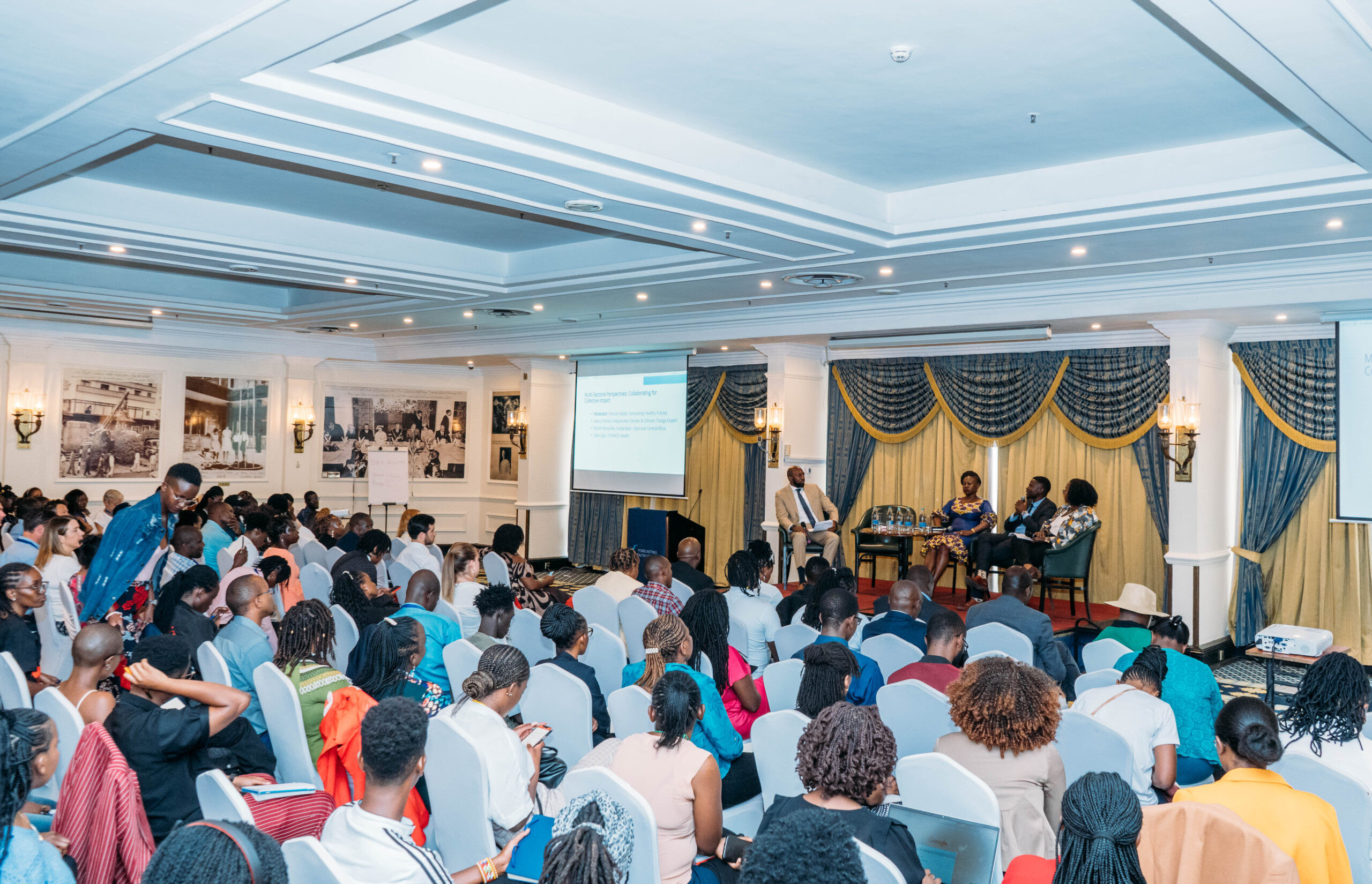NAIROBI (September 7, 2023) – During the 2023 Africa Climate Summit and Africa Climate Week, Forecasting Healthy Futures hosted an event entitled “Climate Health Solutions: Close Up – Putting a Human Face to the Climate Imperative,” convening African global health leaders and other climate stakeholders to begin more constructive dialogue about the common health challenges and opportunities those communities face in the context of global warming. The event’s panel discussions explored these challenges from the perspective of experts in health, environmental sciences, and civil society, and discussed multiple priorities for health system adaptation for Africa and the world in the lead-up to the first COP Health Day at the upcoming UN Climate Change Conference COP28 in Dubai this Fall.
The event also offered an opportunity for regional experts to participate in an interactive discussion to inform an upcoming communications campaign Forecasting Healthy Futures (FHF) is preparing to launch in the lead-up to COP28. To be most effective, the campaign must be rooted in the real priorities and stories of those countries most vulnerable to the health effects of climate change. This sort of early engagement and partnership from both climate and health stakeholders in the Africa region will be critical to the campaign’s success.
African Health Experts on Building Climate-Resilient Health Systems
In a panel discussion entitled “Health System Perspectives: Priority Opportunities to Save Lives and Strengthen Systems,” African health experts discussed the biggest challenges their region faces as a result of climate change, and what opportunities exist to meet those challenges and build resilient health systems to protect health outcomes.
In addition to multiple priorities they identified as critical for Africa’s response to the climate-driven healthcare crisis, the panelists collectively described four essential attributes of a truly climate-resilient health system. Healthcare systems must become:
- Transdisciplinary in their approach to problem-solving
- Anticipatory of future threats
- Intersectoral in their implementation and service delivery
- Inclusive of a full end-to-end continuum of care
“Data is a good place to begin in defining what needs to be done” [in building climate-resilient health systems], said Tom Kakaire, Infectious Diseases Institute, Uganda. “There are very powerful data tools now that can be deployed to integrate and get some insight in how diseases are spreading, and inform other parts of the global response to climate change.”
“Climate change strikes at the very core of healthcare systems,” said Dr. Elizabeth Wala, Kenya Healthcare Federation. “For healthcare workers to continue to provide regular day-to-day care, and also adapt to climate disruptions, we need to seriously consider their perspectives and what additional training and compensation are needed.”
“Human-induced climate change continues to increase drought severity in the Horn of Africa and across the continent,” said Guyo Roba, Jameel Observatory, Kenya. “Well-targeted, timely and reliable information and predictive data models are especially critical, to enable us to move from an emergency response mentality to one of preparedness.”
“As climate change impacts the vector spread of malaria, including the longitudes and latitudes where vectors did not previously survive, clinicians and laboratory personnel are increasingly challenged,” said Muuo Nzou, KEMRI. “To combat disease migration and emerging pathogens, more community surveillance is necessary beyond our hospitals.”
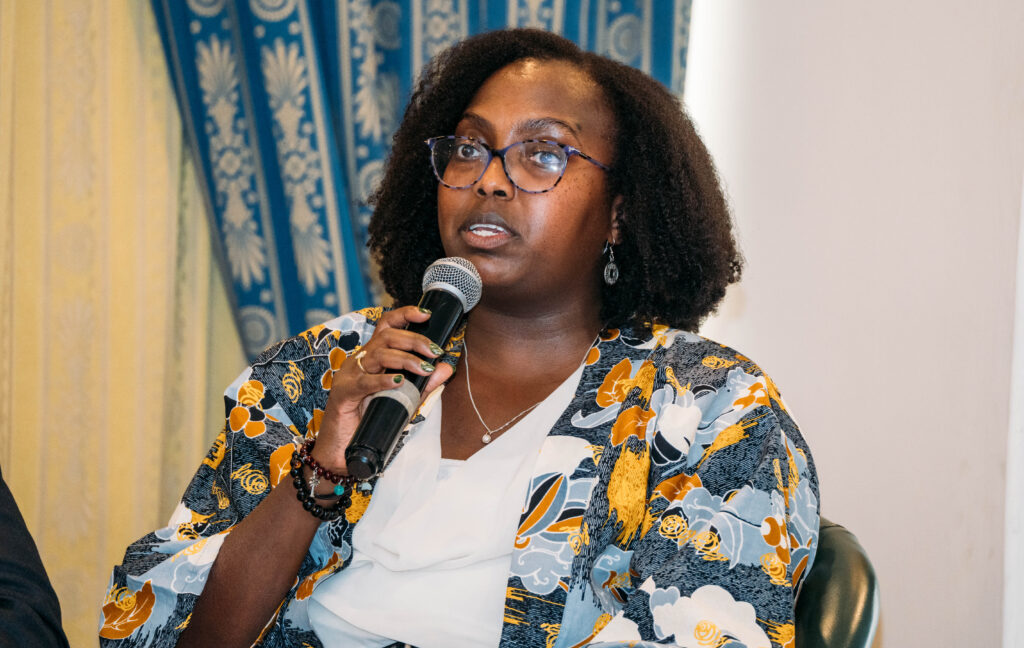
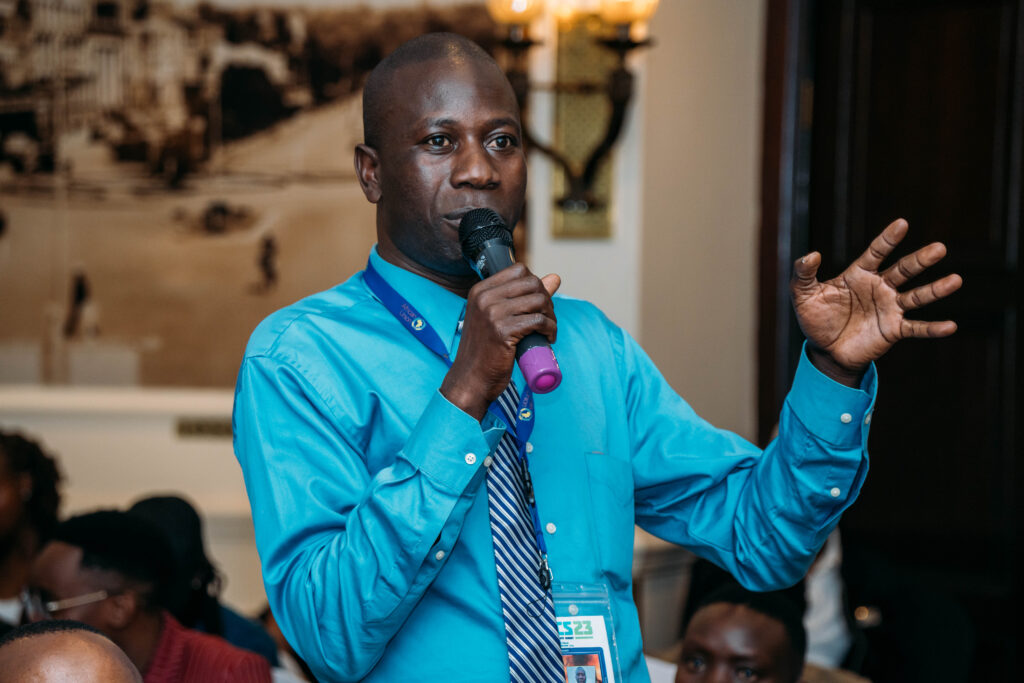
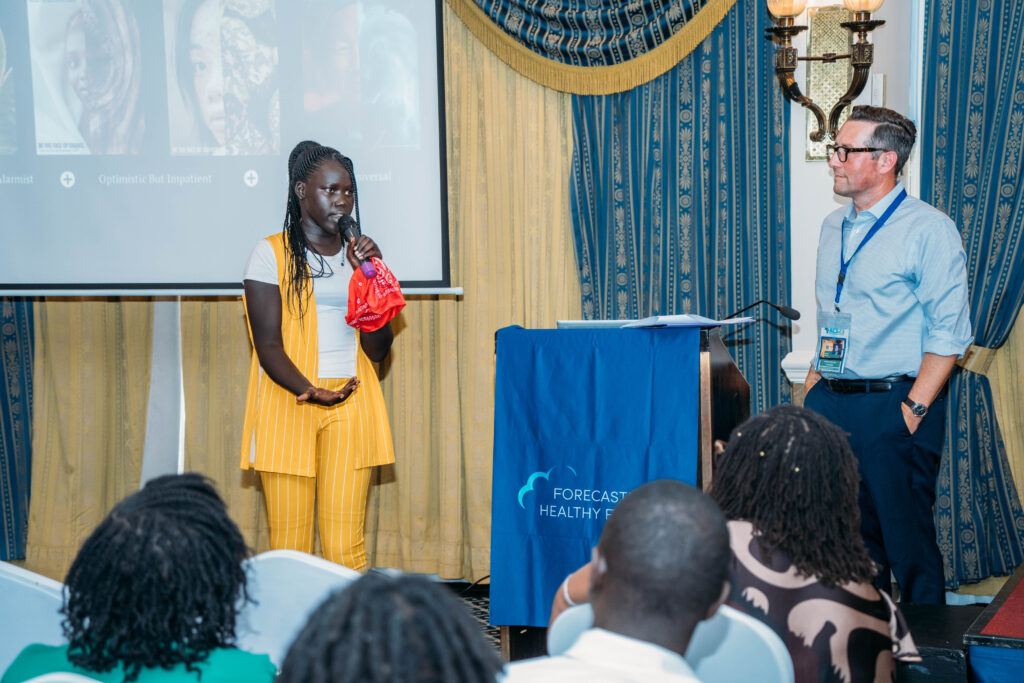
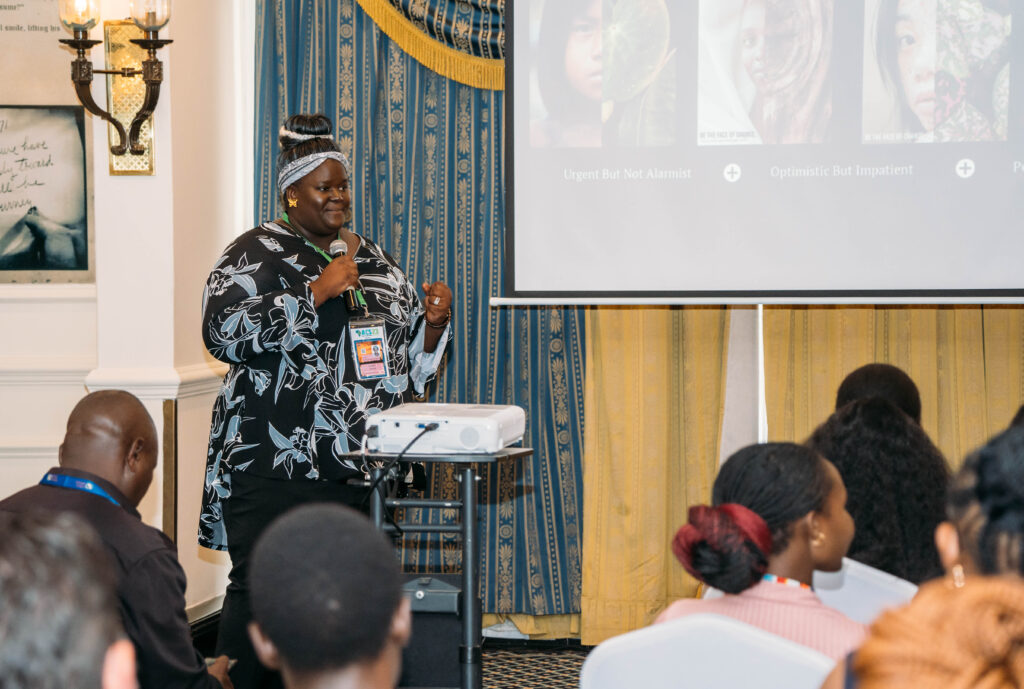
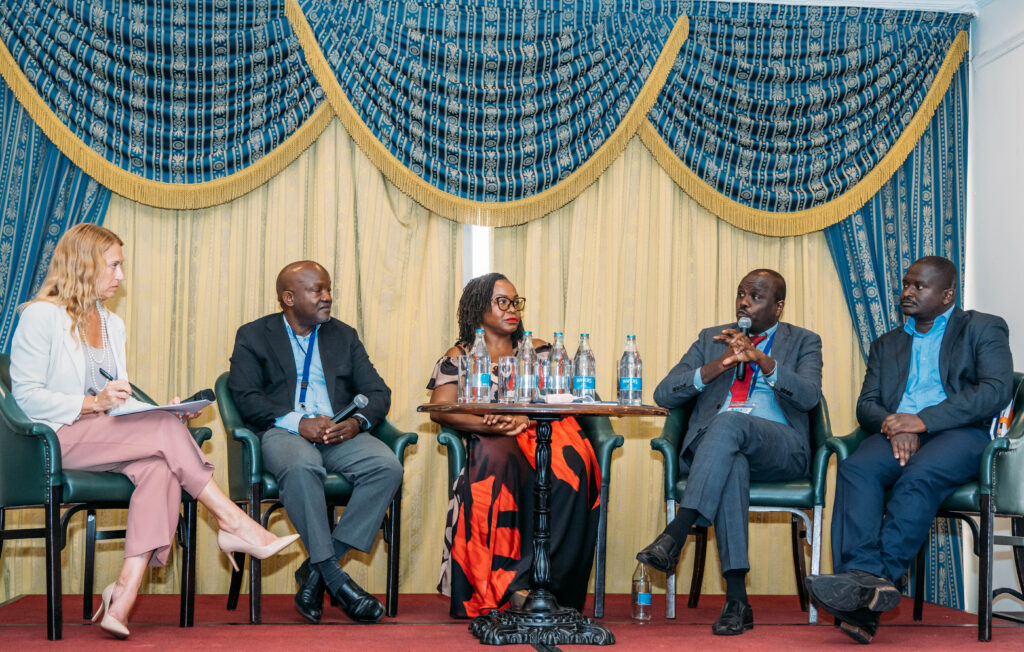
Multi-sectoral Perspectives on Collaborating for Collective Impact
In a panel discussion entitled “Multi-sectoral Perspectives: Collaborating for Collective Impact,” experts from sectors and constituents most affected by climate change discussed interdependencies with the health sector, and ways to effectively advocate for action.
In response to a question from the moderator, panelists suggested three success factors for effective multisectoral action:
- Executive-level coordination
- Effective communication
- Aligned financial policies and incentives
“The impacts of climate change are increasingly evident in our daily headlines – droughts, floods, fires. The challenge is too much for any one sector to meet on its own,” said Rachel Wanyoike, Managing Director-Eastern and Central Africa, Solidaridad. “Governments, the private sector and civil society must share responsibility and work in tandem toward collective action to build new systems that protect the health and wellness of our populations from the impacts of global warming.”
"African women and girls suffer disproportionately from climate impacts, but those risks only worsen when gender equality is overlooked in climate adaptation policies," said Dr. Nancy Omolo, Independent Gender and Climate Change Expert. “It’s time we not only invest in climate-health solutions that protect more men and women, but we must also prioritize gender-responsive interventions that more effectively adapt to climate change disruptions.”
“On a continent where over sixty percent of the population is youth, Africa’s young people are uniquely adept on areas of eco-innovation,” said David Ojijo, YOUNGO Health. “Young people offer a tech savviness and can provide solutions through eco-friendly means. By effectively communicating and responsibly sharing data, our young leaders will be well positioned to successfully collaborate on multi-sector action.”
###
About Forecasting Healthy Futures
Forecasting Healthy Futures is a global coalition of leading health and technology organizations committed to mobilizing the political will, financial resources, and innovative solutions needed to protect global health gains from the threats posed by climate change. Malaria No More convenes and leads the consortium. Forecasting Health Futures’ partners include Reaching the Last Mile, Mohamed Bin Zayed University of Artificial Intelligence, the Global Institute for Disease Elimination (GLIDE), PATH, the Tableau Foundation, IBM’s Weather Company, and the Institute for Health Metrics and Evaluation (IHME). For more information, visit: www.ForecastingHealthyFutures.org.
